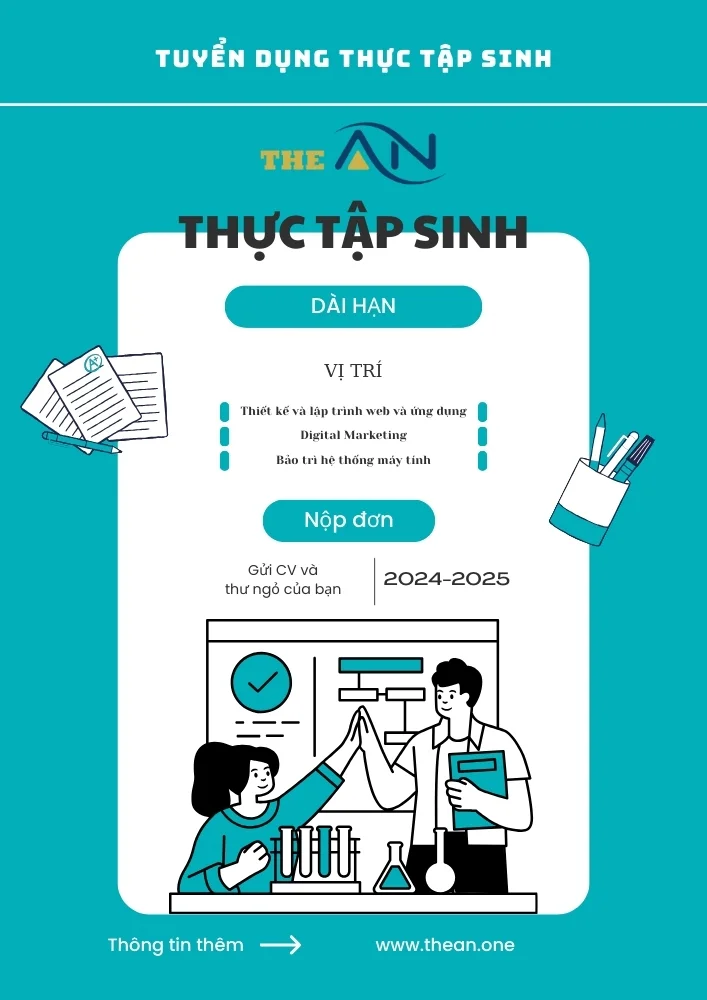Who vs Whom – Difference Between Who and Whom

In the English language, the words who and whom are frequently used. Although these two pronouns are frequently used interchangeably, they serve distinct purposes and play distinct parts in a sentence. To use who and whom properly in your writing and speaking, you must first understand their differences.
There are two words in the English language who and whom. Who is a pronoun that refers to a sentence’s or clause’s topic, whereas Whom is an objective pronoun that refers to a sentence’s or clause’s object? It’s critical to find the distinction between the two so you can use the appropriate one when writing or conversing.
Meaning of Who
Who alludes to the sentence’s subject and is a subjective pronoun. In a sentence, the subject is the individual doing the action, or simply who.
Who is the instructor, for instance, or who is attending the party? Who refers to the individual doing something in both of these examples.
Usage of Who
- When referring to a sentence’s or a clause’s subject, use who.
- Following a preposition, use who.
- In questions that ask for the sentence’s subject, use who.
Examples
1. Who is the new employee?
Explanation: In this sentence, “who” is being used as a subject pronoun to ask about the identity of the new employee. “Who” is used to refer to the person performing the action, in this case, the new employee.
2. She is the one who finished the project on time.
Explanation: In this sentence, “who” is being used as a subject pronoun to refer to the person who completed the project on time. “Who” is used to refer to the person performing the action, in this case, completing the project.
3. Who wants to join the hiking club?
Explanation: In this sentence, “who” is being used as a subject pronoun to ask about the person who wants to join the hiking club. “Who” is used to refer to the person performing the action, in this case, wanting to join the hiking club.
Meaning of Whom
Who is an objective pronoun that refers to the object of a sentence or clause? In simple words, who is used to refer to the person or thing that receives the action in a sentence.
When to use Whom
- Use whom when referring to the object of a sentence or clause.
- Use whom after a preposition.
- Use whom in questions that are asking for the object of the sentence.
Examples
1. To whom did you give the present?
Explanation: In this sentence, “whom” is being used as an object pronoun to ask about the receiver of the present. “Whom” is used to refer to the person or thing that receives the action, in this case, receiving the present.
2. To whom do I address my concerns?
Explanation: In this sentence, “whom” is being used as an object pronoun to ask about the recipient of the concerns. “Whom” is used to refer to the person or thing that receives the action, in this case, receiving the concerns.
Here are some other examples from which you can understand the difference between Who and Whom:
- Who is going to the party tonight?
- With whom did you go to the concert?
- To whom should I address this letter?
- Whom did you see at the movie theater?
- Who is the person standing at the door?
Difference between Who and Whom
| Who | Whom |
|---|---|
| Who is a Subjective pronoun. | Whom is an Objective pronoun. |
| Who is Less formal than Whom. | Whom is more formal than who. |
| Who used only when the person performing the action. | Whom used only when the person or thing receiving the action. |
| Who not used after prepositions. | Whom used after prepositions. |
| Example: Who is the hero of the movie? | Example: To whom did you give the money? |
Conclusion
The distinction between who and whom in proper English communication can be understood. When referring to the subject or object of a sentence, use who and whom, respectively. You can improve the clarity and impact of your writing and speaking by correctly using these pronouns.
Quý anh/chị đang tìm kiếm một doanh nghiệp uy tín cung cấp dịch vụ Công Nghệ Thông Tin như Thiết kế và lập trình website, Digital Marketing, hoặc dịch vụ Bảo trì và chăm sóc hệ thống máy tính, ...? Đừng ngần ngại hãy liên hệ với The ÂN qua số điện thoại (+84).326.418.478 để được tư vấn cụ thể, hoặc liên hệ qua mẫu tin.
Các thông tin nổi bật khác:









